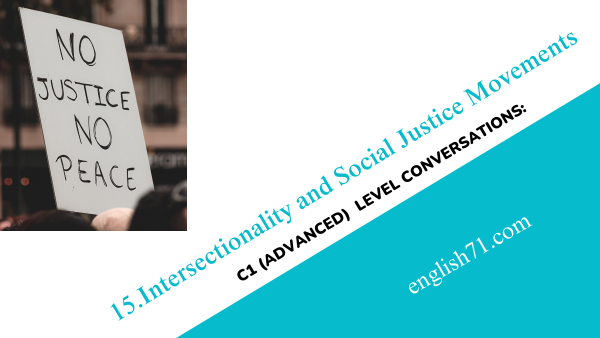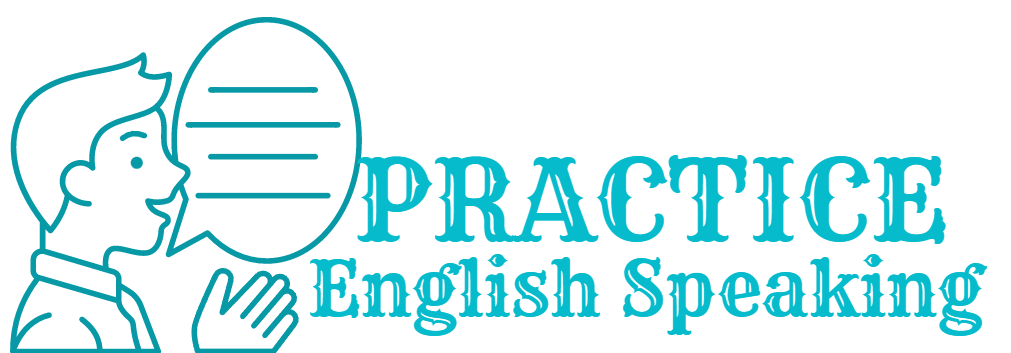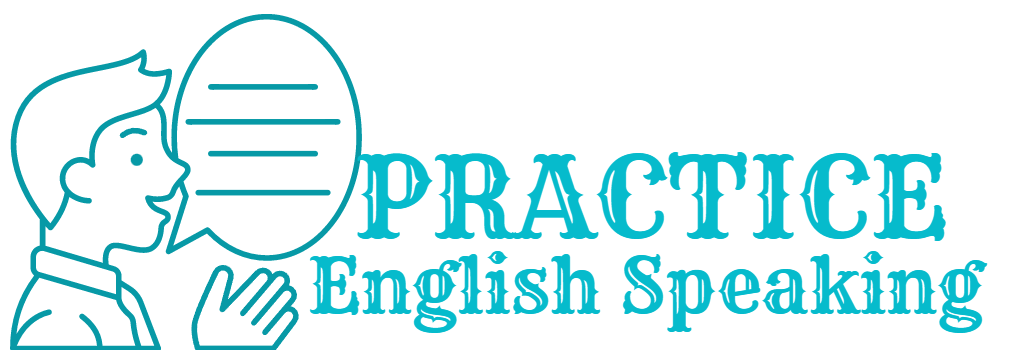C1 (Advanced) level Conversations: (15) Intersectionality and Social Justice Movements

Alex: Hey Emma, have you ever delved into the concept of intersectionality and its role in social justice movements?
Emma: Absolutely, Alex. Intersectionality is crucial in understanding the complexity of oppression and privilege within society.
Alex: Exactly. It acknowledges that individuals may experience discrimination or advantage based on multiple intersecting factors such as race, gender, sexuality, class, and ability.
Emma: Right, and recognizing these intersecting identities is essential for addressing systemic inequalities and advocating for social justice.
Alex: Definitely. For instance, a person who identifies as both a woman and a person of color may face unique forms of discrimination that differ from those experienced by white women or men of color.
Emma: That’s a great example. Intersectionality allows us to see how various forms of oppression are interconnected and reinforces the importance of inclusive activism.
Alex: Absolutely. It’s about amplifying the voices of marginalized communities and centering their experiences in social justice efforts.
Emma: Precisely. By embracing intersectionality, social justice movements can become more effective and inclusive, working towards liberation for all individuals, regardless of their identities.
Alex: Indeed. It’s crucial to recognize that everyone’s experiences are valid and unique, and by acknowledging intersectionality, we can create more equitable and empathetic communities.
Emma: Absolutely, Alex. Let’s continue to educate ourselves and advocate for social change that embraces the complexities of human identity and experience.
Alex: Absolutely, Emma. Together, we can work towards a more just and inclusive society for all.



Summary:
Alex and Emma engage in a thoughtful discussion about intersectionality and its significance in social justice movements. They highlight the importance of recognizing the interconnectedness of various forms of oppression and privilege based on factors such as race, gender, sexuality, class, and ability. Through their conversation, they emphasize the need for inclusive activism that amplifies the voices of marginalized communities and centers their experiences. They conclude by affirming their commitment to educating themselves and advocating for social change that embraces the complexities of human identity and promotes a more equitable and empathetic society.

